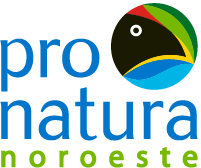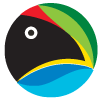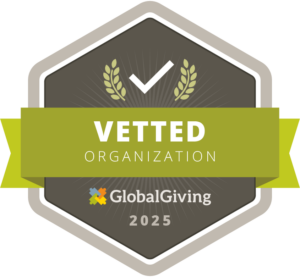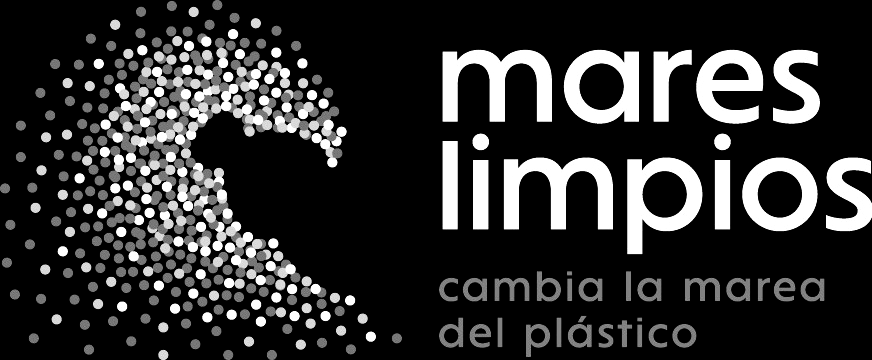First FIP with a multi-specific approach on a global level
Today more and more consumers are concerned about the origin of their food. In the case of fish and seafood, in addition to freshness and quality, consumers primarily seek products that come for sustainable fisheries that reduce environmental harm. There are currently efforts being made to recognize fisheries for making improvements towards sustainability and allowing the end consumer to know the origin of the fish product.
On December 11th, 2019 FisheryProgress.org published the Scale Fish Fishery Improvement Project (FIP) in the San Cosme-Punta Coyota Corridor. This Corridor is located on the east coast of Baja California Sur, within the Gulf of California, and runs for 150km, along which are located 13 communities dedicated to coastal fishing as their main productive activity.
The motivation for implementing a FIP in this fishery came from the interest of these communities in caring for and conserving fishery resources that sustain their way of life, so the objective of the Scale Fish FIP is for fishing in the Corridor to be recognized for its level of environmental sustainability, social responsibility, and quality of its products and, in this way, earn a better position in the market.
This FIP is innovative because it uses a multi-specific approach, since fishing in this area is composed of approximately 33 species of scale fish, of which 11 make up 98% of the catch, the best known of which are: red snapper, horse mackerel, tiger fish, several grouper, and snapper. This new multi-specific scale fish approach consisted of selecting four indicator species that, by making improvements in them, positively impacts the other species. This strategy is a proposal to modify the Marine Stewardship Council (MSC) international standard for sustainable fisheries, which has only been tested in three fisheries in the world and the fishery in this Corridor is the first to enter a FIP with a focus of this type.
This proposal is the result of an outstanding effort that has been underway since 2017 and that had its public launch thanks to the participation of the fishing community of Agua Verde, Conapesca, INAPESCA, the Government of the State of BCS, FEDECOOP Zona Centro BCS, and Miramar Fishery; and with the Natural History Society Niparaja, Pronatura Noroeste, and SmartFish MX as process facilitators who developed a five-year work plan and signed an agreement to actively participate as members of the working group.
The implementation of this FIP could achieve recognition of the good fishing practices and quality of the Agua Verde products, the direct benefits of which will be for this community and for the production chain on which they depend. In the medium term it is expected that other fishing communities in the Corridor will join this effort and that sustainable fishing in this region will offer a greater variety of responsibly harvested species.
Mexico is one of the countries which has most pushed for the implementation of FIPs in its fisheries. Of the 160 FIPs published on the FisheryProgress.org platform, 23 are working on the improvement of a fishery in one of the seas of Mexico, which together represent 14% of FIPs worldwide.
FIPs are the endeavor of the different sectors interested in confronting the challenges a fishery faces. Projects in which the community, private sector, and authorities from different levels of government participate, and which seek to encourage positive changes for the sustainability of fisheries.
